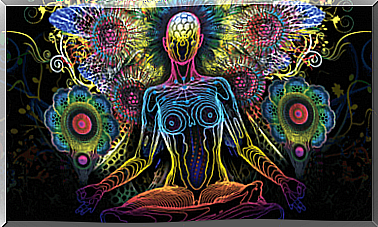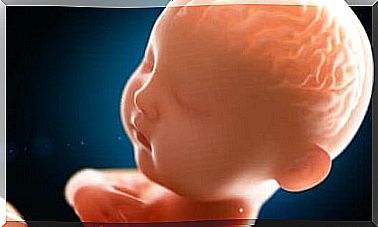8 Basic Psychological Processes
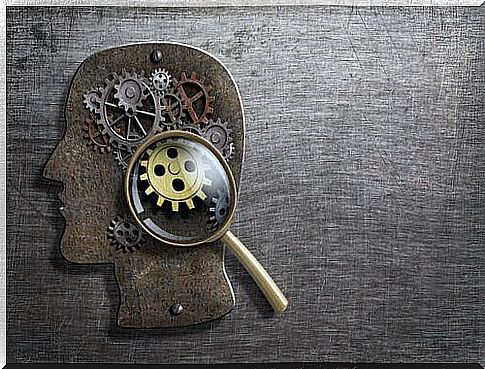
One resource we have available when it comes to adapting to the world around us is our behavior. This allows us to change our environment and reality to adapt to what is happening in our lives. We know that our behavior is brought about by our inner psychological processes. But how do our eight psychological processes really work?
Our eight basic psychological processes are: (a) perception, (b) learning, (c) language, (d) thought, (e) attention, (f) memory, (g) motivation and (h) emotions. Let’s look at each process individually. All are closely linked. Although they are terminologically independent of each other, many of them could not exist without the others. It is better to understand this difference as an artificial classification that facilitates the possibilities for scientific work.
8 basic psychological processes
Perception
Perception is what makes us have a “picture” of the reality that surrounds us. It processes the information we receive from external stimuli through our senses.
Perception is responsible for organizing and giving meaning to all sensory stimuli. The function of this is obvious: knowing the environment around us allows us to move around and interact with it. These are basic skills you need to be able to adapt effectively.
Learning
This is how we change and acquire knowledge, abilities, skills, behavior, etc. We learn from what happened in the past. Learning also helps us to see the connection between our behavior and its consequences. It is closely linked to memory.
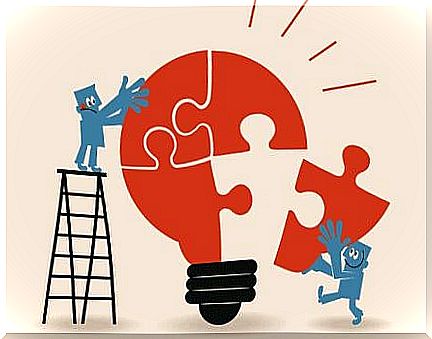
The study of learning is largely derived from the field of behaviorism. This gave us theories of classical and operant learning to explain to us how we learn.
Such psychological processes are useful because they allow us to vary our behavior based on what happened in the past. It allows us to respond in a more adaptive way in current and future situations.
Language
Man is a social being. That is why language is such an important process. It enables communication with others. Communication is characterized in the human case through complex, symbolic codes or languages. The complexity of our language allows us to describe almost anything, whether it is past, present or future.
The benefit of this process comes from our need to maintain complex social relationships that enable us to survive in hostile environments. Language gives us a form of communication comprehensive enough to sustain human societies.
Thought
This is a complex process that psychology defines as the process responsible for processing information so that we can organize it and give it meaning. The study of thought began with Aristotelian logic. However, this was not an effective form of analysis because man does not reason with logic.
The reasoning is a fast, but somewhat imprecise process, which allows us to act effectively in our environment.
The function of thought is a controversial topic. This is due in part to the confusion surrounding the terminology surrounding the subject. The most accepted idea is that its goal is to act as a control mechanism in the situations we encounter.
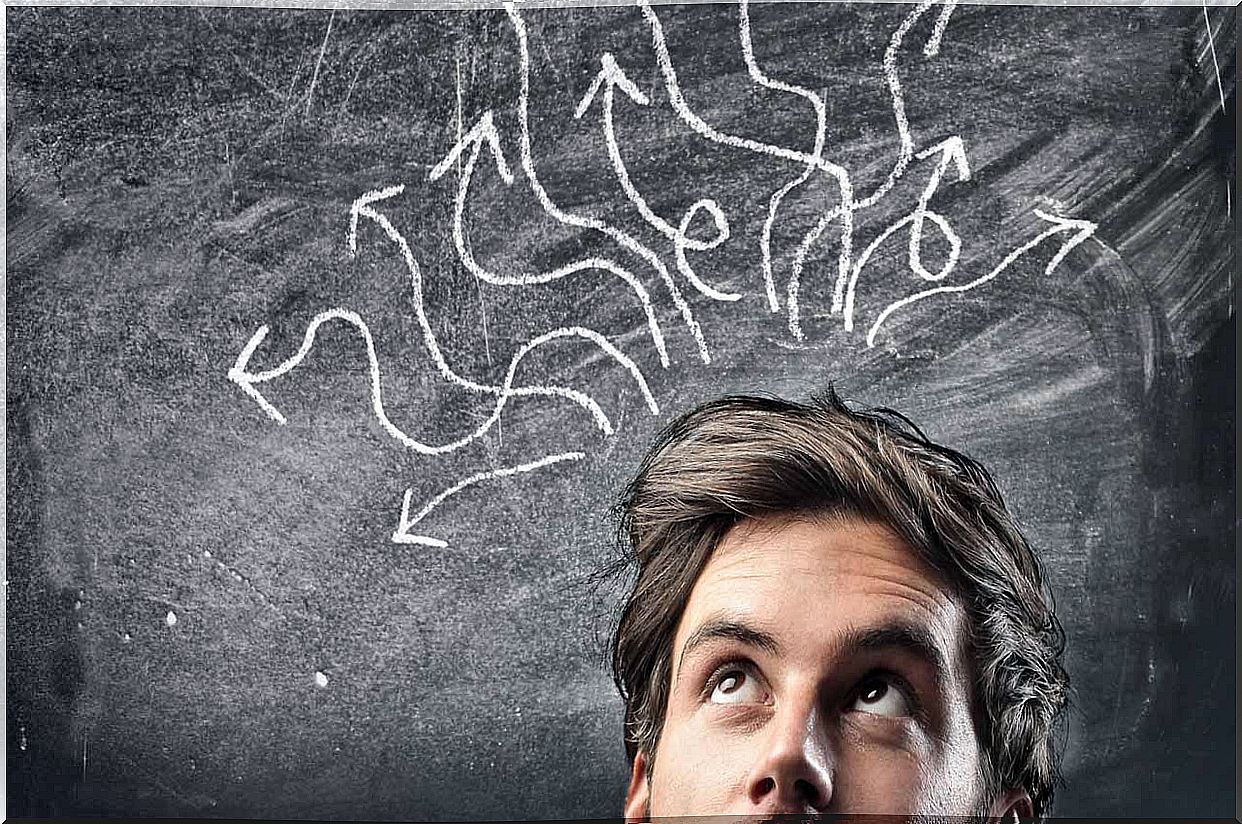
Attention
Attention focuses our resources on specific stimuli while ignoring others. We constantly get large amounts of stimuli, and we the brain can not assess everything.
The attention process is adaptable because we would be overwhelmed by information if it did not exist. We did not want to know what to worry about. Paradoxically, but equally true, it is that this voluntary cognitive limitation is an evolutionary adaptation.
Memory
Memory allows us to code information for future storage and reuse. This is an essential process and is closely linked to all the other processes.
Memory allows us to remember explicit information such as what is the capital of France, or task-related information such as how to cycle. Memory exists because it is incredibly useful to have information about our past readily available. It enables us to anticipate future events and act based on them. Without memory, the other psychological processes would not exist, since all are well supported by memory.
Motivation
Motivation provides the body with the necessary resources to behave in a certain way. It is the process responsible for activating the body and getting us in the ideal state. Another important aspect of motivation is the choice of behavior. Not only does it get the body in the right condition, it also makes us go for a certain type of behavior among many options.
The function of motivation is to get the individual to lead their behavior their behavior towards their goal. It prevents one from standing on the spot resting. This process is closely linked to emotion and learning.

Emotions
Emotions are reactions to external stimuli. They allow us to guide our behavior and act quickly in accordance with the demands of our surroundings. Emotions have three components:
- Physical: the physiological changes provoked by emotions.
- Behavior: the spectrum of behaviors triggered by an emotion.
- Feeling: the subjective experience of the individual.
Emotions control our behavior in a fast and effective way. Most decisions are not important enough for us to spend a lot of time on them. This is where emotions come into the picture. It is important to understand that every decision we make is affected by our emotions to some degree.
In this article, we have revealed our basic psychological processes in a very superficial way. They are all very comprehensive subject areas and consist of much more details than we can include here. The intense study of each of them provides us with the basic information we need to understand human behavior and mental processes.




